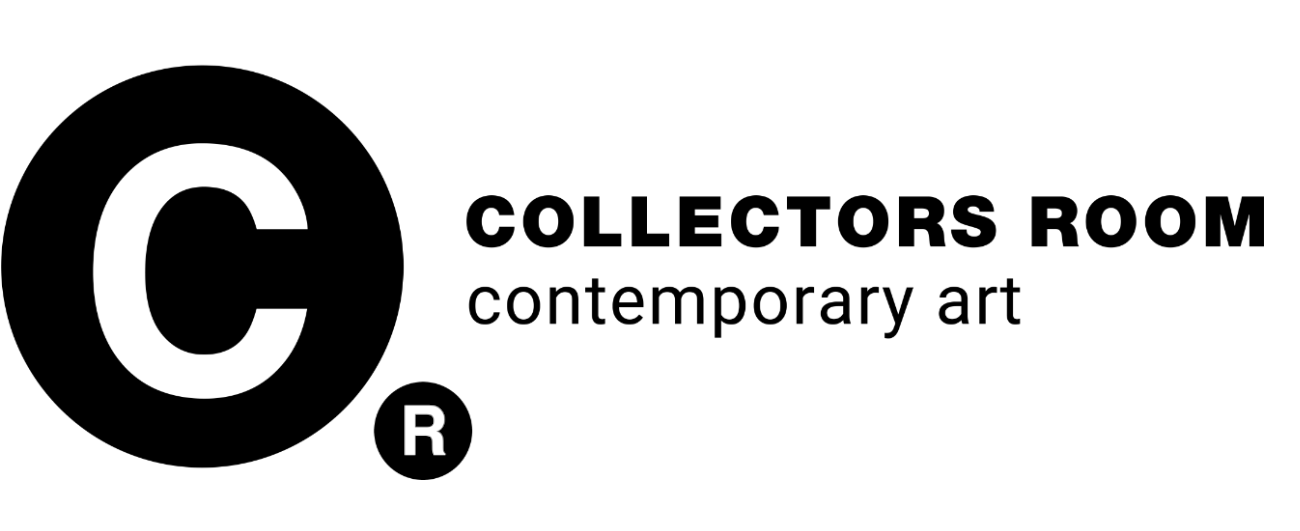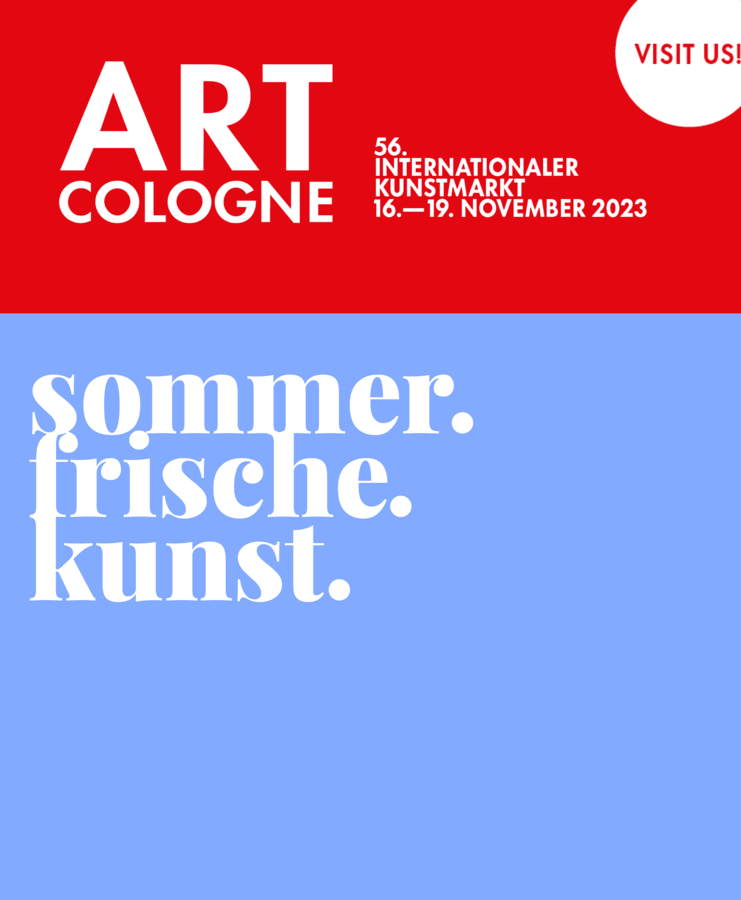Kazunori Kura
Kazunori Kura (b. 1986 in Tokyo, Japan) lives and works in Hamburg, Germany. He pursued a master's degree in the class of Prof. Jorinde Voigt at the Hamburg University of Fine Arts and successfully graduated in 2021. He had previously studied with Voigt at the Academy of Fine Arts in Munich, as well as earning a bachelor's degree in graphic design at Tama Art University in Tokyo. The paintings and sculptures of Kazunori Kura translate existential questions and natural phenomena into art. Kura's art revolves around philosophical questions: What makes the world? How can I locate myself in it? What phenomena do I encounter in the process? The power of faith plays a major role here, an energy that determines and shapes our existence. So, of course, there are scientifically proven facts, but don't they only acquire meaning in reality if and because people believe in them? He calls his works "traces of these thought processes". In paintings and installations, Kazunori Kura explores how natural phenomena can be transformed and made visible in art, posing questions about reality and perception in his works. In doing so, his works retain a wonderful lightness despite these existential questions, which are approached from his very subjective approach.
Commenting on the latest works, Kazunori Kura says: "My art always begins with words, and the previous works were attempts to translate words into the grammar of visual art. The new series leaves this process behind and treats the words as they are. This means, in a way, changing my self-definition from visual artist to poet. For the project, I am trying to materialise the words that I had to write down to live, and that I want to have by my side at all times. What is important in materialising is to give body to the words as they live. For this, I chose the materials brass and patina. Through the action of heat, a raw material changes its figure like a living body. The colour of the patina comes from the material itself and keeps changing over time. I want to nurture the work rather than create it. This is because words are not what I create, but what I sustain and nurture. The style of poetry is inspired by the Japanese traditional short poem "Haiku". Haiku is a language art that praises the change of nature and spirit in the rhythm of 5, 7 and 5 syllables. However, I believe that the essence is not in the rhythm but in the deep spirituality expressed in as few words as possible. My poetry differs from the haiku style, but I recognise that the essence is the same."
His work has been shown in solo exhibitions at Micheko Gallery, Munich and Gallery W, Tokyo as well as in group exhibitions at Micheko Gallery, Munich, University of Fine Arts Hamburg, Hamburg, Studio Jorinde Voigt, Berlin, Space Nouvelle, Innsbruck, Academy of Fine Arts Munich, Munich, L'Arsenale di Venezia, Venice, Städtische Galerie Eichenmüllerhaus, Lemgo, Köglturm, Aichach. Jike-cho, Yokohama and Catholic Academy in Bavaria, Munich. He has already received the following awards, among others: 2020 the Grand Prize, Art project competition for the facade of the Parkhaus Rödingsmarkt. Also he was a finalist of Arte Laguna Prize 2018/19.
Sujin Kim
Sujin Kim (*1994.Seoul) is a Korean artist who lives and works in Hamburg, Germany. She is pursuing her master's degree at HFBK Hamburg in the class of Anselm Reyle. Kim’s work explores the captivating movements of the human gaze and the connections they create. Her work reflects the organic shapes and intricate patterns found in nature, translating them into expressive gestures on the canvas. The vibrant colors and bold brushstrokes show an interplay between light and shadow in her paintings. Fascinated by the way our eyes naturally connect when gazing into space, Kim expresses this concept through abstract paintings.
Max Weiss
Max Weiss (*1995 in Berlin) is pursuing his Bachelor of Fine Arts at the Hochschule für bildende Künste Hamburg (HFBK) in the class of Anselm Reyle. He employs airbrush techniques to achieve a digital aesthetic, which he then softens with oil elements and various materials like fabrics and thick textures. Through an ironic approach, Max addresses the often uncomfortable aspects of daily life: fears, relationship problems, rejection, loneliness, and material hardships. He intends to imbue these subjects with a lightness that allows viewers to contemplate them without succumbing to negativity. By working with photos, the pictures always have a reference to the real world. The figures in the picture are depicted as a kind of dolls that only come to life through their eyes.
Katharina Arndt
Katharina Arndt (*1981 in Oschatz) lives and works in Berlin and Barcelona and studied at the University of Fine Arts in Braunschweig, Germany. She is a contemporary artist working in painting, drawing and light installation. Her fast and colourful paintings ironize the contemporary mass consumption aesthetic of a decadent affluent society by depicting their everyday life in the digital age. Emblematic of this is the theme of 'surface' - social, cultural, material. In the hyperreal and at the same time immaterial online world, the visual appearance alone dominates - of ourselves and the products we are supposed to buy. In her word artworks in neon letters, figurative drawings and paintings, she visualizes the aesthetics of mass consumption in the digital age and recontextualizes her surroundings and environment through her observation of digital communication behaviour.
Her works have been exhibited in numerous galleries and museums in Europe, such as the Saatchi Gallery (London), Museum Villa Rot (Burgrieden), Kunstverein (Hannover).


